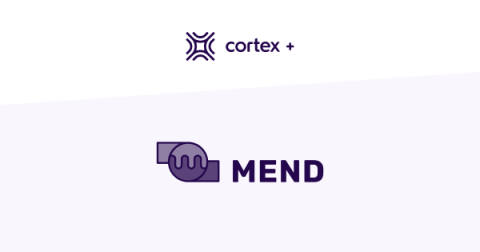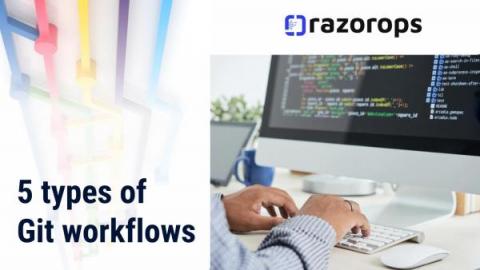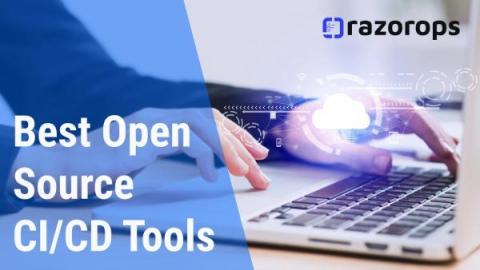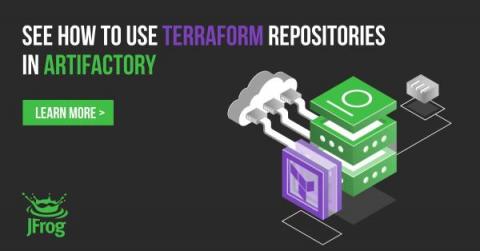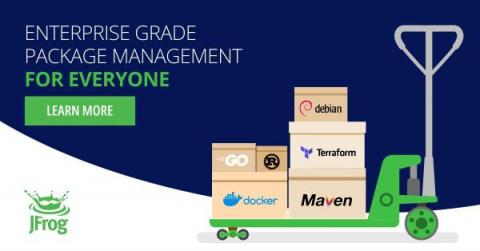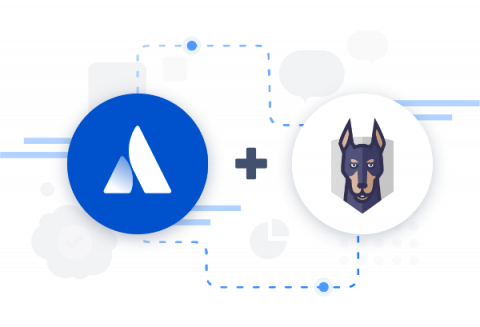Operations | Monitoring | ITSM | DevOps | Cloud
Latest News
Launching increased transparency and control for workspace invitations
Building an automated unit testing pipeline for serverless applications
The Serverless framework is an open-source framework written in Node.js that simplifies the development and deployment of AWS Lambda functions. It frees you from worrying about how to package and deploy the application to the cloud, so you can focus on your application logic. Serverless applications are distributed by design, so good code coverage is vital, and should include unit testing.
5 Types of Git WorkFlow & Explanation of each Flow
As you might be aware, each team has its own unique workflow based on the project type, size of the company, team preferences, and a number of other factors. The larger the team, the more difficult it is to keep things under control: disputes become more regular, delivery deadlines may postpone, priorities always change - the list may go on and on. Adapting Git is the first step in resolving these challenges, as it can be used in almost any workflow.
Best Open Source CI/CD Tools for 2022
Software development and the DevOps lifecycle now requires continuous integration and delivery, also referred to as CI/CD. To help users automate the steps between a developer checking in code and releasing that code into production, open source CI/CD solutions are created.
Tour Terraform Registries in Artifactory
Run self-hosted CI jobs in Kubernetes with container runner
Container runner, a new container-friendly self-hosted runner, is now available for all CircleCI users. Self-hosted runners are a popular solution for customers with unique compute or security requirements. Container runner reduces the barrier to entry for using self-hosted runners within a containerized environment and makes it easier for central DevOps teams to manage running containerized CI/CD jobs behind a firewall at scale.
Enterprise Package Management for Everyone
Introducing the New Snyk App for Bitbucket Cloud
Celebrating Over 13,000 Students And Thousands Achieving GitOps Certification with Argo
Earlier this year, when Codefresh announced the first course in our GitOps for Argo certification program – GitOps Fundamentals – we had high hopes that the course would satisfy the community’s pent-up demand for practical GitOps knowledge. To meet this demand, we designed a course that features lab environments to dramatically improve the learning experience. Each student gets a lab environment pre-configured with everything they need to learn GitOps using Argo CD.


